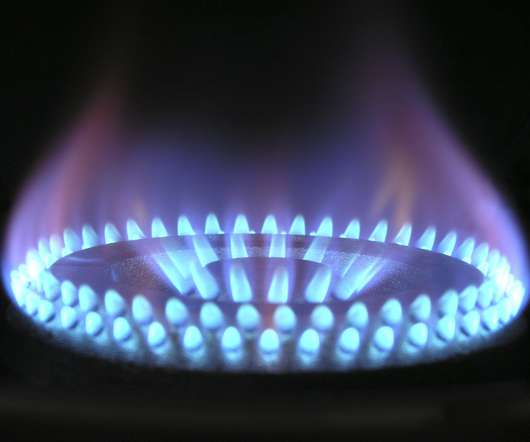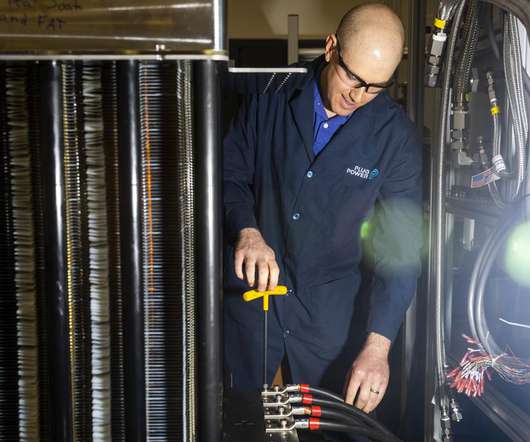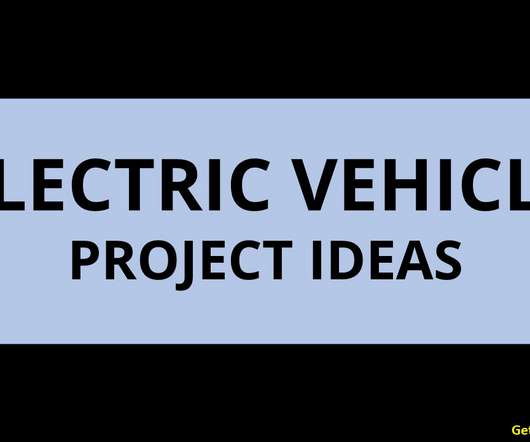MSU-led regional team awarded $6M NSF grant to research biofuel, carbon capture technologies
Green Car Congress
OCTOBER 31, 2016
A regional interdisciplinary team led by Montana State University has received $6 million from the National Science Foundation to address questions about whether biofuels and carbon capture technologies can be sustainably introduced into the Upper Missouri River Basin.





























Let's personalize your content